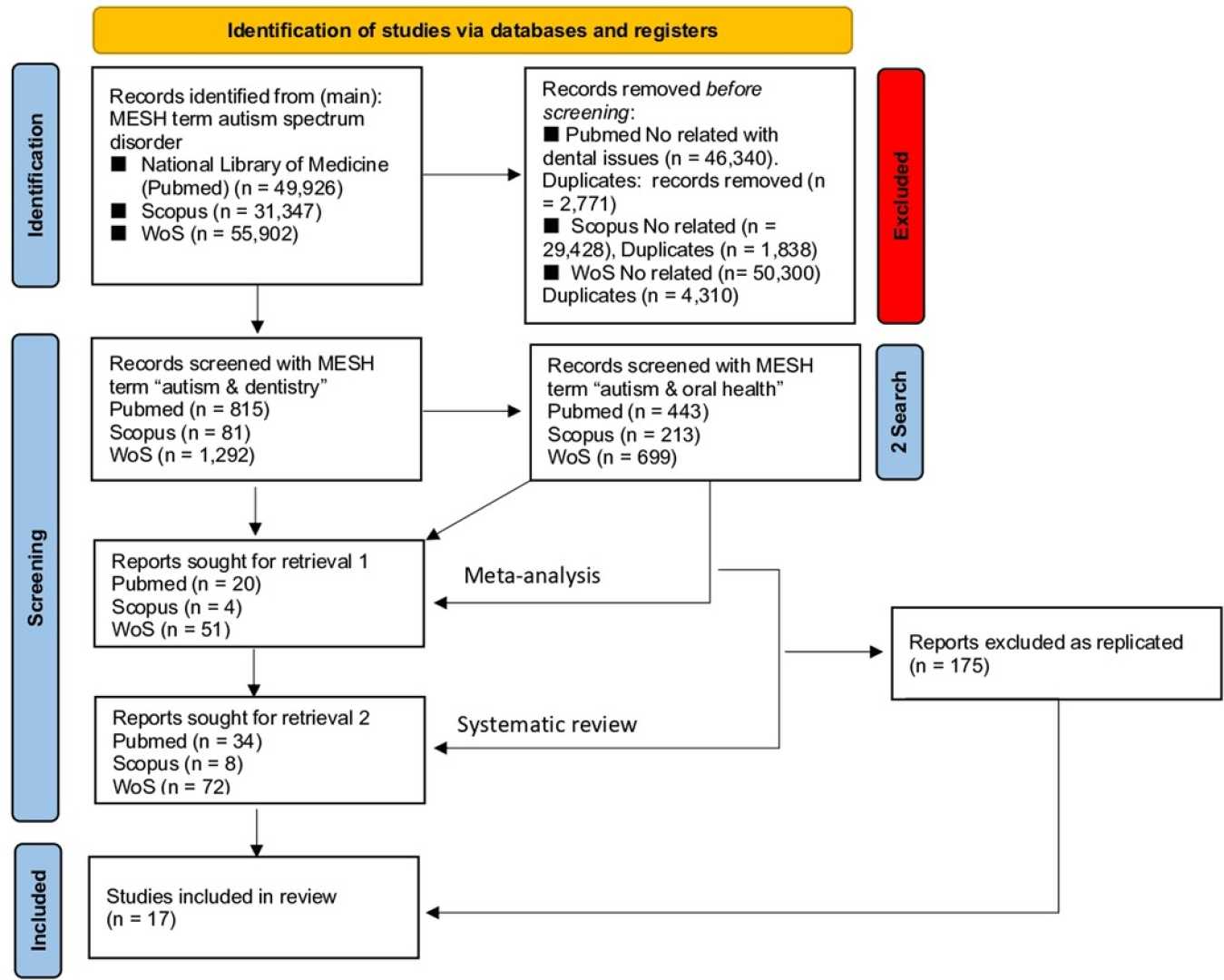Health
Controversial Appointments Raise Questions About Autism Research Integrity

London, U.K. — Robert F. Kennedy Jr., Secretary of Health and Human Services, has appointed David Geier to lead a controversial federal study on autism, sparking scrutiny from public health experts. Geier previously treated autistic children with the puberty-blocking drug Lupron, raising ethical concerns about his past practices.
The announcement has drawn criticism because Geier and his father, Dr. Mark Geier, were investigated in 2011 for violating medical standards in their treatment methods. The duo has long argued that a purported link between vaccines—specifically thimerosal, a mercury-based preservative—and autism exists, a claim widely disputed by health professionals.
“You’d think you’d want a fresh eye,” said Edward L. Hunter, former head of the Washington office of the Centers for Disease Control and Prevention. He expressed skepticism regarding the effectiveness of the study given Geier’s past positions and publications, noting, “spending all this time and money is not going to help anyone.”
David Geier’s methods came under scrutiny after he published a 2006 study proposing that Lupron could mitigate the effects of autism symptoms by suppressing testosterone levels. This idea posited that mercury exposure combined with elevated testosterone contributed to autism, but their findings faced intense scrutiny over scientific validity.
The Maryland State Board of Physicians concluded that the Geiers had not adhered to acceptable medical practices, resulting in David Geier being sanctioned for practicing medicine without a license following his father’s medical license revocation. The adverse effects of Lupron, which include severe side effects like seizures and bone thinning, have also raised alarms.
In a statement, Kennedy emphasized the urgency of addressing what he describes as an autism crisis in America. “The autism epidemic has now reached a scale unprecedented in human history…” he stated, underscoring the need for actionable answers to the crisis.
According to the Autism Society, the reported rise in autism rates—from 1 in 36 in 2020 to 1 in 31 in 2022—is attributed to increased awareness and better diagnostic practices. Critics argue that linking the rise to environmental factors, as suggested by Kennedy, lacks substantial scientific backing.
The HHS has reported that the study will aim to uncover the root causes of autism by September, amid protest from various health advocacy groups. These organizations assert that research filled with unfounded claims could mislead public perception and hinder scientifically valid approaches to understanding autism spectrum disorders.












